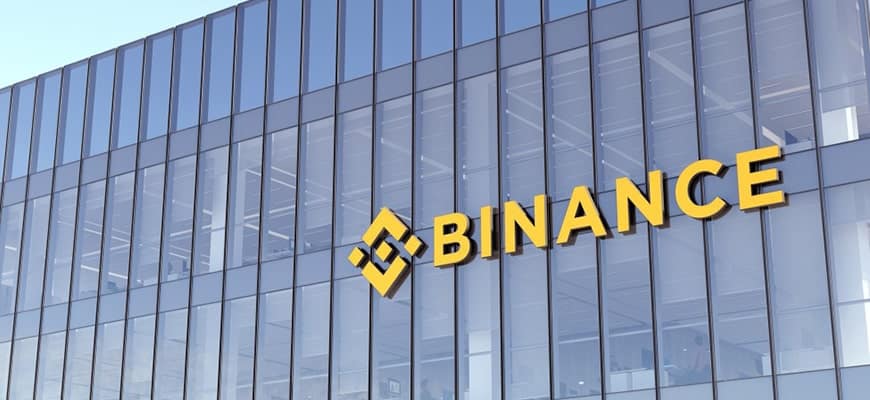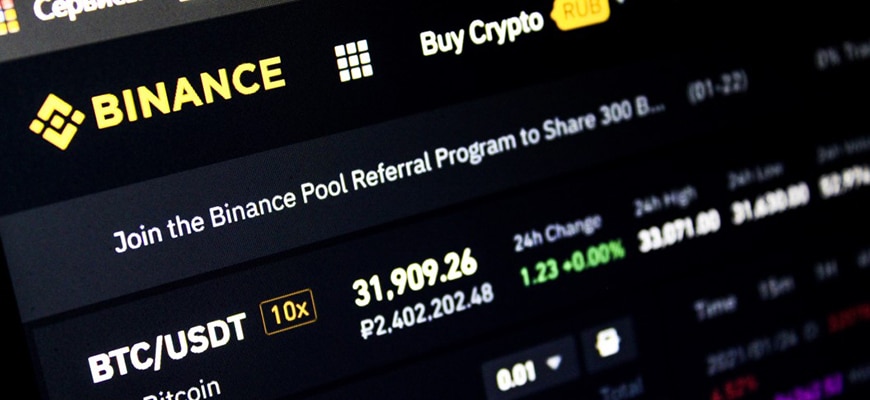Off-Chain Governance is a type of blockchain management in which decisions are made informally, away from the underlying code base of the blockchain.
What is off-chain governance?
In an off-chain governance network, stakeholders compete for control by collaborating in various ways. Social media discussions, online forums, conferences and other events are popular examples of off-chain governance on public blockchains.
Off-chain governance resembles political processes in many ways. Various interest groups seek to take control of the system by playing cooperative games in which they try to convince everyone else to support their idea. There is no code that binds these groups to certain actions; rather, they themselves determine what is in their interests in light of the known preferences of other stakeholders.
Many public blockchains, such as Bitcoin and Ethereum, have a governance architecture that is largely off-chain. Any significant changes proposed to Bitcoin, for example, are actively discussed online by various parties. It is a process that involves all parties – the core development team, other developers, miners, researchers and the end-user community. Anyone can participate in the frequent online meetings of the Bitcoin core team.
Sometimes the hash power of huge mining pools or Bitcoin mining is equated with governing power. No matter how powerful a Bitcoin miner is, they have no personal management rights. Their only responsibility is to verify or reject blocks of transactions. This means that Bitcoin’s share of mining power is not equal to its share of management rights.Ethereum’s management model is very similar to Bitcoin’s management model.
Changes to the protocol are made by kernel developers through formal requests for improvements. For example, suggestions for improvements to Bitcoin (BIPs) and Ethereum (EIPs) are often submitted to the project’s official repository, which is hosted on Microsoft or GitHub. Stakeholders express their agreement or disagreement with the improvement proposal through public and private discussions. The kernel developers assess whether node operators and miners can update their software. In an ideal situation, everyone agrees and the code changes go smoothly. All changes are announced in advance to keep stakeholders informed.
Out-of-chain governance is a robust system that seeks to accommodate the interests of all stakeholders. However, as decisions are not legally binding, influence is most often concentrated among kernel developers and miners.








